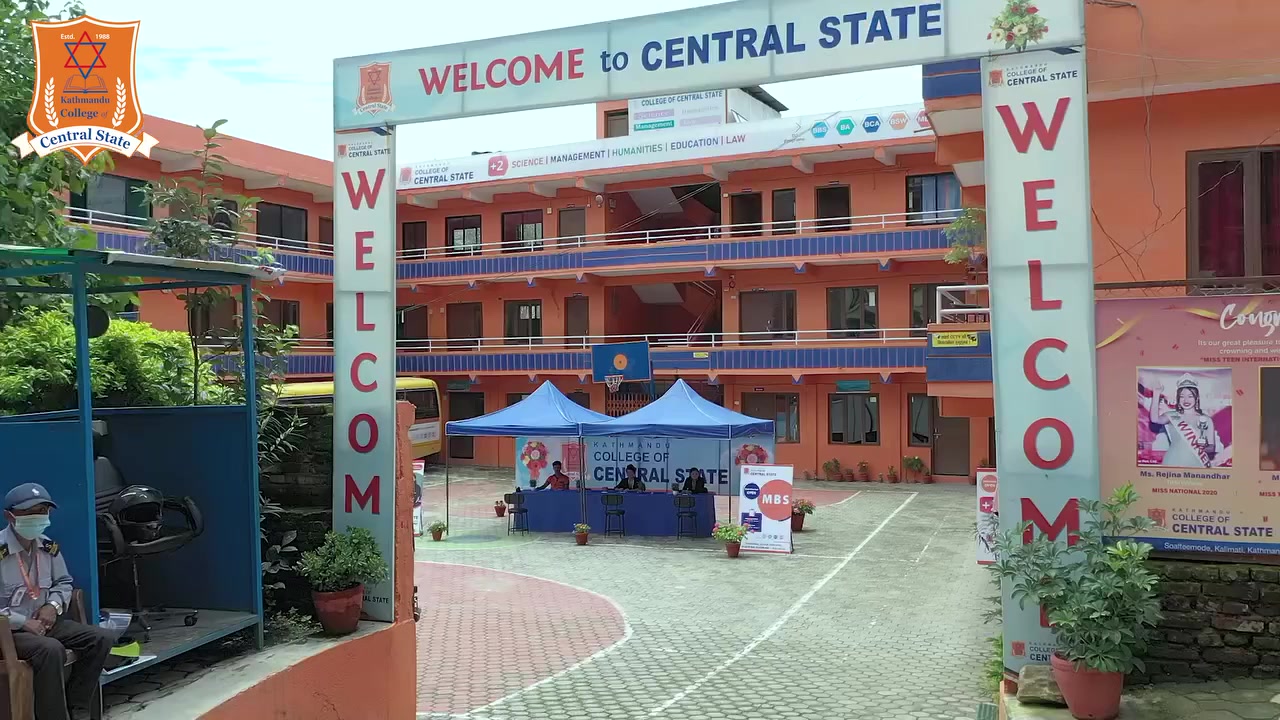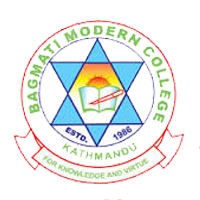Overview
Ten Plus Two (+2) Management at Kathmandu College of Central State
Ten Plus Two (+2) Management at Kathmandu College of Central State (KCCS), Kathmandu, follows the National Examinations Board (NEB) curriculum for Grade 11 and Grade 12. Students study core commerce subjects such as Business Studies, Accounting, Economics, and Mathematics along with compulsory English, Nepali, and Social Studies & Life Skills as prescribed by the Curriculum Development Centre (CDC).
The course prepares you for bachelor-level management programs in Nepal and abroad while keeping assessment formats and learning goals aligned with official documents.
KCCS delivers the NEB syllabus across two academic years. Classes run in English with regular written work, numerical practice, and project-based tasks set by the department. Students receive clear guidance on subject combinations available in a given intake cycle and on internal timelines that support NEB board examinations.

Highlights
-
Affiliation: National Examinations Board (NEB)
-
Duration: Two academic years (Grade 11 and 12)
-
Compulsory subjects: English, Nepali, Social Studies & Life Skills (as per grade-level structure)
-
Management-focused subjects: Business Studies, Accounting, Economics, Business Mathematics, Hospitality/Hotel Management (as per CDC options and college offering)
-
Assessment: Internal classwork and NEB board examinations as per official curriculum and specification grids
Curriculum Details
Grade 11 and 12 include compulsory English and Nepali. Social Studies & Life Skills is studied with grade-wise placement under the revised structure. These subjects build reading, writing, civic understanding, and practical life skills for all streams.
Management-track learning grows through CDC-listed subjects:
-
Business Studies: Foundations of management, organization, and functional areas. Students learn planning, organizing, and control concepts, business environment basics, and introductory decision themes.
-
Accounting: Recording, classifying, and summarizing transactions; trial balance and financial statements; cost ideas introduced through worked examples and statements.
-
Economics: Micro and macro issues, market structures, national income concepts, and policy themes relevant to Nepal’s context. Coursework stresses graphs, tables, and short analytical notes.
-
Business Mathematics / Mathematics: Algebraic methods, functions, sequences, financial mathematics, and statistics that support accounting and finance work at bachelor level.
-
Hospitality/Hotel Management (as offered): Basics of hospitality industry, front office, housekeeping, food service, and introductory operations in the tourism sector. This subject adds service-industry context for students selecting it as an option.
The department publishes the subject clusters offered each session after faculty allocation and seat planning. Students receive a sheet that shows prerequisites, weekly hour load, and practical components where applicable.
Objectives
-
Build a sound base in commerce through Business Studies, Accounting, Economics, and quantitative methods
-
Strengthen English and Nepali writing for reports, applications, and presentations
-
Develop spreadsheet habits for tables, charts, and reconciliations
-
Encourage ethical practice in financial records and documentation
-
Prepare students for bachelor-level management programs and entrance processes where applicable
Scope
Students use +2 Management to move toward BBS, BBA, BHM, or related bachelor programs. The course improves readiness for entry-level roles that require basic accounts support, sales documentation, and office coordination after Grade 12. Students who plan public service later meet a core academic requirement before pursuing higher studies and eligibility pathways.
Learning Outcomes
By the end of Grade 12, students should be able to:
-
Prepare basic ledgers, trial balances, and simple financial statements
-
Interpret cost and revenue data for short classroom cases
-
Explain core management functions and organizational structures
-
Summarize micro and macro ideas using neat graphs and tables
-
Apply business mathematics to interest calculations, ratios, and forecasting sheets
-
Draft short reports and emails in clear English and Nepali
Skill Development Modules
-
Accounts Practice: Journal entries, bank reconciliation, petty cash records, error checks
-
Quantitative Pack: Time value problems, index numbers, and descriptive statistics
-
Business Studies Notes: Organization forms, policy summaries, and flowcharts
-
Economics Workbook: Demand–supply graphs, national income snapshots, budget outlines
-
Communication: One-page memos, meeting notes, and slide decks
-
Spreadsheet Lab: Templates for statements, charts, and data validation
Teaching Methodology
KCCS runs a weekly timetable with lecture-plus-practice blocks. Teachers model formats on the board, assign timed drills, and review common errors. Unit tests and class presentations keep you active during long exam cycles. The department schedules revision sessions ahead of NEB form fill-up and board exams so students can correct weak areas without cramming.
Admission Requirements
-
Eligibility: SEE or equivalent as per NEB rules for the admission year
-
Stream selection: College publishes subject clusters and seats for Management during intake
-
Documents: SEE mark sheet and certificate, character certificate, photographs, and ID copies as per notice
Students should track the latest NEB and college notices for any session updates on eligibility or documentation.
Career Opportunities
-
Accounts support, store records, or billing in small and medium enterprises
-
Sales and customer desk roles with invoice handling and follow-up notes
-
Office coordination with document filing, scheduling, and basic reporting
-
Pathway to bachelor study in management fields where subject strength in Grade 11–12 improves readiness
Scholarships and Financial Aid
KCCS announces merit and need-sensitive categories each session within prevailing rules. Awards often expect steady attendance, good conduct, and consistent scores. Application windows, forms, and required documents appear in the college notice and official communications.
Why Choose This Course?
You plan a commerce track and want steady practice in accounting, economics, and business writing. You value clarity in assessment and a timetable that builds daily habits rather than last-minute preparation. You also want a direct route to bachelor-level management programs after completing NEB requirements.
Conclusion
Create a weekly routine that rotates accounting, mathematics, and writing. Keep an indexed file for each subject and an organized spreadsheet folder for numeric work. Save your best exercises—statements, graphs, and memos—so you can show evidence of skills in future interviews and bachelor admissions.























